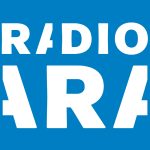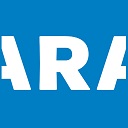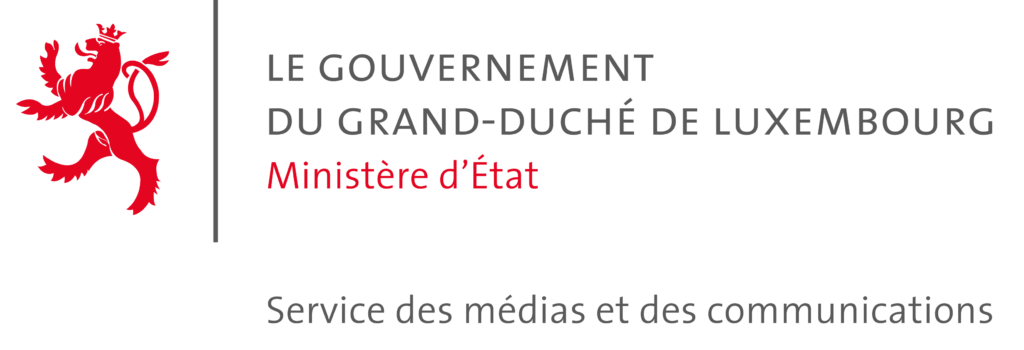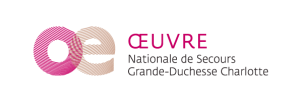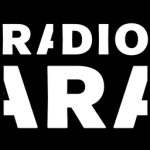The Beginning
1980 - 1992
Pirate Voices from Arlon (1981)
Luxembourg radio enthusiasts and associations weren’t waiting for permission. Denied a license at home, they crossed into Belgium. In 1981, they launched a show called “Radio Grénge Fluesfénkelchen”, teaming up with Atelier Radio Arlon in Belgium. Every Wednesday night, from 8:15 to 10:30 p.m., Luxembourg’s first-ever community radio show went on air—just not from Luxembourg. It was a bold workaround in a tightly controlled media landscape.
ARU hits the Air (1984)
Little later, this platform grew into a real pirate radio station, Radio ARA’s predecessor called “Radio UKaWeechelchen”—ARU for short, weekly pirate shows from Arlon. Feminist, environmental, and peace groups took turns behind the mic, breaking the decades-old monopoly in Luxembourg’s radio landscape. It was makeshift and risky, but it showed how badly independent media was needed. This cross-border setup laid the groundwork for what would eventually become Radio ARA.
Radio Radau Lights Up Kirchberg (1986)
After the Chernobyl accident and the launch of the Cattenom nuclear plant, a group of fired-up environmental activists took action. In 1986, the pirate radio moved from Arlon to Kirchberg and got a new name: Radio Radau. Broadcasting from a hidden spot on Kirchberg, they aired protest messages and underground music, dodging legal risks to make themselves heard. For the first time, the green movement had its own voice on Luxembourg’s airwaves.
The Push for a Media Law (1991)
Years of pressure from NGOs and pirate broadcasters finally paid off in 1991. Luxembourg passed a new media law, ending RTL’s long-standing monopoly. ARA’s founding team applied for a license as soon as the law was signed. They proposed a station that would give voice to alternative groups, young people, and underrepresented communities. That application—complete with a financial plan—set the stage for Radio ARA’s legal launch.
Radio ARA Goes Live (1992)
On December 6, 1992, Radio ARA hit the air legally for the first time. Broadcasting from Luxembourg City’s old town, it was a major moment for the team behind it—many of whom had spent years pushing for change. Finally, a station existed that welcomed different voices, different music, and community-run programming. Independent radio had officially arrived.
